The Designer Genetics event, a staple in science competitions such as the Science Olympiad, challenges students to demonstrate their understanding of genetics, molecular biology, and biotechnology. This requires not only a strong understanding of scientific concepts but the ability to apply this know-how to problem-solving scenarios along with experimental design. For educators and students aiming to surpass in this event, strategic groundwork is key. By focusing on some critical areas, participants may enhance their performance along with achieve success.
A deep comprehension of genetics is the foundation of success in the Designer Genes affair. Students should start by perfecting the basics of DNA composition and function, including the processes connected with replication, transcription, and mouvement. Familiarity with Mendelian genetics, including concepts such as dominant in addition to https://www.tiendaentornoalvino.cl/post/el-centellino-un-producto-eficaz-analizado-en-laboratorio recessive traits, Punnett potager, and dihybrid crosses, is crucial. Additionally , understanding more advanced issues, such as genetic mutations, lien, and epigenetics, can provide the competitive edge. Students should explain these concepts clearly and apply them to different scenarios, such as predicting phenotypic ratios in offspring or maybe identifying the genetic foundation a trait.
Another crucial part of focus is molecular chemistry and biology techniques. The Designer Genes celebration often includes questions or even practical tasks related to research laboratory techniques used in genetic study. Students should be familiar with techniques such as polymerase chain effect (PCR), gel electrophoresis, along with DNA sequencing. Understanding how these techniques work, what they are intended for, and how to interpret the results they produce is vital. Educators might help students by providing hands-on practical experience with these techniques or using virtual labs and ruse to reinforce these concepts.
Bioinformatics is another area that can be stressed in preparation for the affair. As the field of genes increasingly relies on computational instruments to analyze large datasets, scholars should be comfortable with basic bioinformatics concepts. This includes understanding how to make use of online databases such as NCBI’s BLAST for sequence place and analysis, as well as being familiar with genetic mapping and the interpretation of phylogenetic trees. Learners who can effectively utilize bioinformatics tools will be well-equipped to tackle complex questions within the competition.
Problem-solving and essential thinking skills are also important in the Designer Genes affair. Beyond rote memorization, college students must be able to apply their own knowledge to novel situations. This might involve analyzing ancestral data, predicting the outcomes involving genetic crosses, or making experiments to test a innate hypothesis. Educators can promote these skills by incorporating practice problems into their lessons, encouraging pupils to think through the steps of your problem methodically, and talking about potential pitfalls or alternative solutions.
Time management is also a key strategy for success. Founder Genes event often includes a timed test or pair of tasks, requiring students to be effective efficiently under pressure. Students need to practice pacing themselves in the course of study sessions, becoming acquainted with the format of the affair, and learning how to quickly identify the most relevant information in a very question. Mock competitions or timed quizzes can be useful tools for helping students build this skill.
Collaboration can also be an important aspect of the Designer Gene history event, particularly in team-based competitions like the Science Olympiad. Students should learn to talk effectively with their teammates, writing and dividing tasks as per each member’s strengths. School staff can facilitate this by organizing team study sessions or maybe collaborative projects that copy the competitive environment. Team-building exercises that promote rely on and cooperation can also increase performance, as students who also work well together are more likely to achieve a team setting.
Being updated on the latest innovations in genetics and biotechnology can give students an edge inside the competition. The field of genetics is rapidly evolving, as well as new discoveries or technologies may be incorporated into the celebration. Students should be encouraged to read scientific journals, follow pertinent news stories, and engage in discussions about current analysis. Educators can support this by simply integrating current events in the curriculum, inviting guest audio speakers from the field, or organising field trips to research labratories or science museums.
Lastly, developing a strong study plan is essential for thorough groundwork. Students should begin their planning well in advance of the competition, enabling ample time to review just about all necessary material. A study timetable that breaks down topics directly into manageable sections can help make certain that all areas are covered. Regular overview sessions, both individually with teammates, can reinforce finding out and help identify areas where additional study is needed.
Success inside the Designer Genes event takes a combination of knowledge, skills, and also strategy. By focusing on genetics and molecular biology, mastering laboratory techniques, honing problem-solving abilities, and fostering relationship and time management, scholars can prepare effectively for that competition. With the support of educators who guide along with challenge them, students can produce the confidence and experience needed to excel in this difficult and rewarding event.



